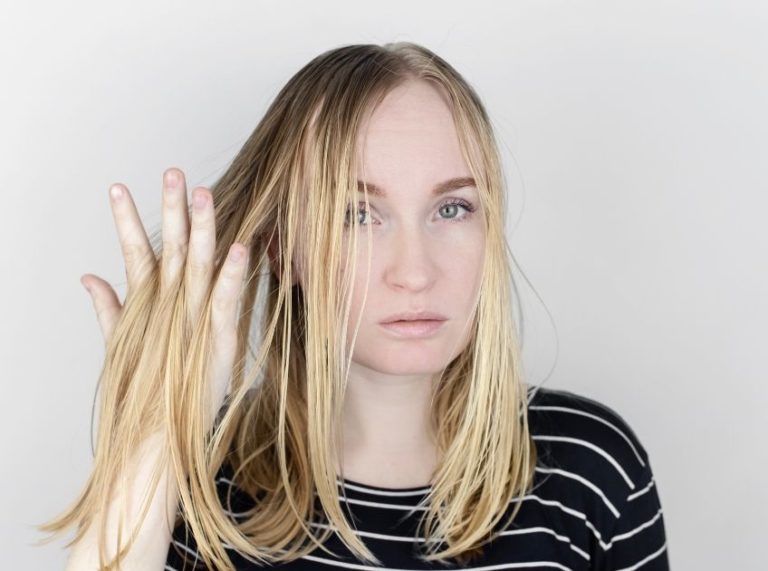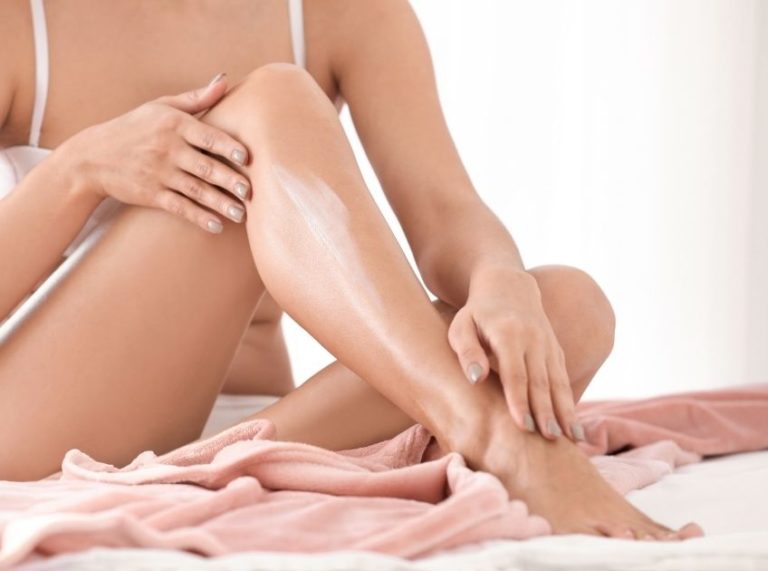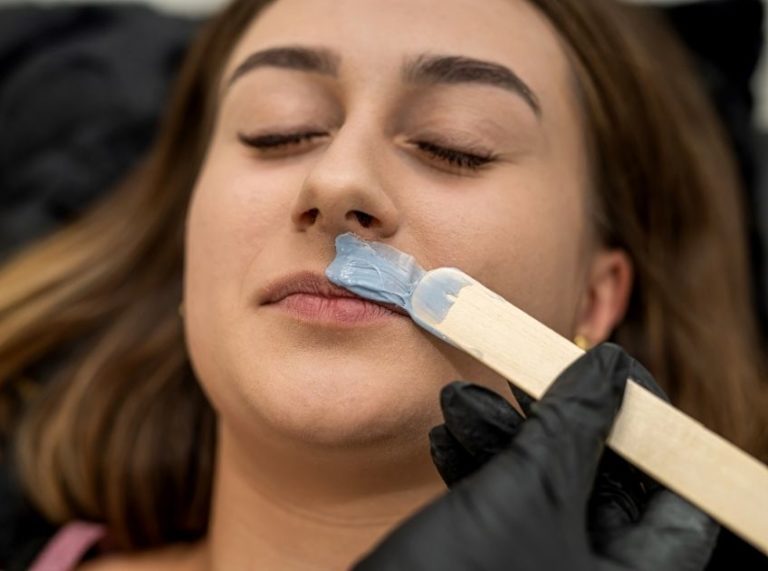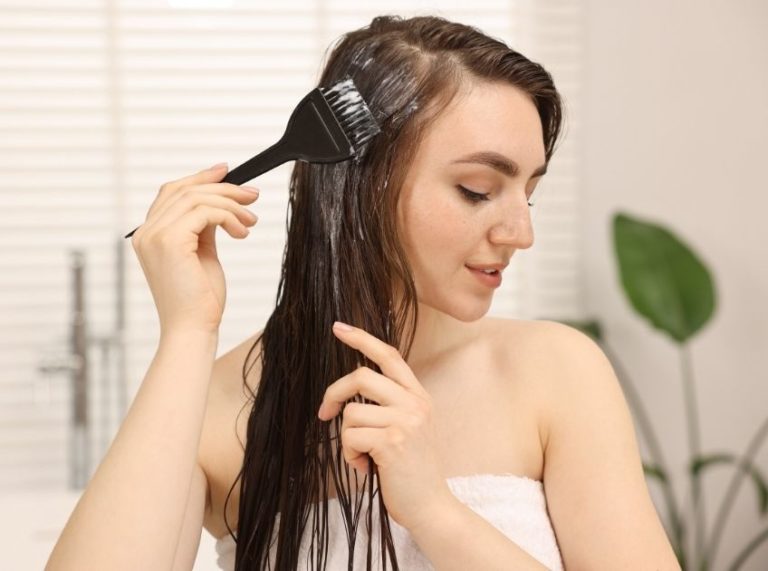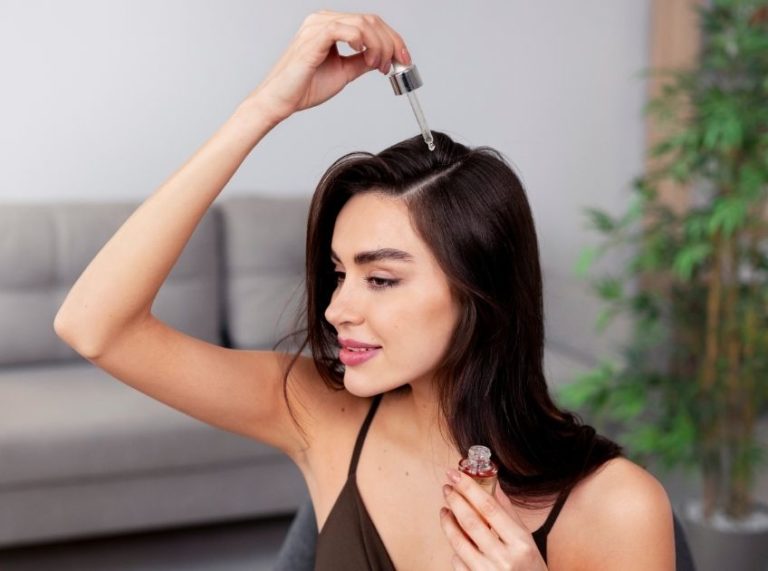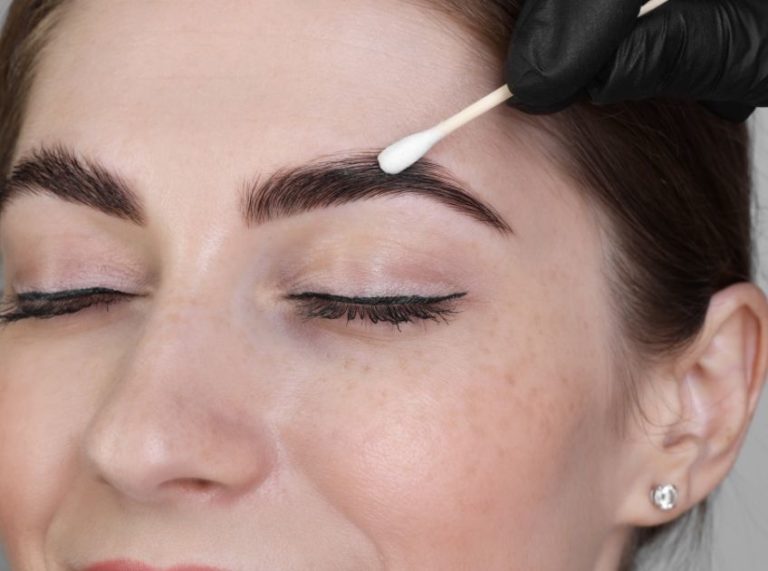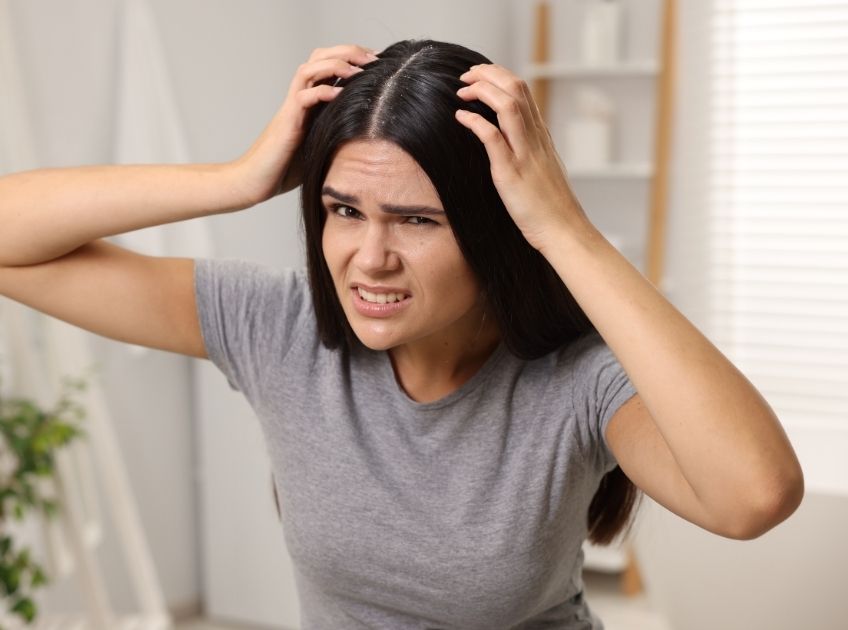
Important: This article is for informational purposes only. Please read our full disclaimer for more details.
If your scalp often feels itchy, flaky, or oily, tea tree oil might just be the natural remedy you need. Extracted from the leaves of the Melaleuca alternifolia (1) plant native to Australia, this potent essential oil is widely known for its antimicrobial, antifungal, and anti-inflammatory properties. For centuries, people have used it to treat various skin and scalp concerns—and modern science now backs up much of that traditional wisdom.
7 Benefits of Tea Tree Oil for Your Scalp
1. Fights Dandruff and Flakes
Tea tree oil is one of the best natural remedies for dandruff. Its antifungal properties combat Malassezia, a yeast-like fungus often responsible for dandruff and seborrheic dermatitis.
- Helps reduce visible flakes and scalp buildup.
- Soothes itching and irritation caused by dryness.
A 2002 study in the Journal of the American Academy of Dermatology found that using a 5% tea tree oil shampoo reduced dandruff by up to 41% (2).
2. Soothes Itchy and Irritated Scalp
Scalp irritation can be triggered by product buildup, harsh ingredients, or environmental factors. Tea tree oil calms the skin and reduces redness.
- Its anti-inflammatory action eases itching and sensitivity.
- Provides a cooling effect that offers immediate relief.
Regular use can reduce scalp inflammation, making it ideal for those with eczema or psoriasis.
3. Balances Scalp Oil Production
An overly oily scalp can lead to clogged pores and greasy hair, while a dry scalp causes flaking. Tea tree oil helps restore the perfect balance.
- Regulates sebum production naturally.
- Keeps the scalp hydrated without making it greasy.
- Prevents clogged follicles that can hinder hair growth.
4. Promotes Healthy Hair Growth
A clean and balanced scalp creates the right environment for hair growth, and tea tree oil helps make that possible.
- Clears away excess oil, dead skin cells, and product residue that can block hair follicles.
- Improves blood circulation when massaged into the scalp, stimulating hair follicles.
When combined with carrier oils like coconut or castor oil, it strengthens hair roots and reduces breakage.
5. Prevents Fungal and Bacterial Infections
Because tea tree oil is both antibacterial and antifungal, it helps protect your scalp from infections that can damage hair follicles.
- Prevents scalp folliculitis, an infection that causes red, itchy bumps.
- Reduces the risk of fungal infections such as ringworm.
Keeps the scalp environment clean and healthy, reducing odor and buildup.
6. Reduces Scalp Odor and Buildup
Excess sweat, oil, and pollution can lead to an unpleasant scalp odor. Tea tree oil acts as a natural deodorizer.
- Neutralizes odor-causing bacteria.
- Deep cleans the scalp, removing dirt and impurities.
Leaves a refreshing, clean scent without the need for artificial fragrance.
7. Enhances Overall Scalp Health
Regular use of tea tree oil offers long-term benefits for your scalp and hair.
- Strengthens the scalp’s natural barrier against environmental damage.
- Reduces inflammation and irritation, keeping the scalp calm and balanced.
- Encourages shiny, smooth, and manageable hair by maintaining scalp health.
How to Use Tea Tree Oil for Your Scalp
- Scalp massage: Mix 2–3 drops of tea tree oil with a tablespoon of carrier oil (like coconut, olive, or jojoba oil). Massage gently into your scalp and leave it on for 30 minutes before rinsing.
- Shampoo booster: Add a few drops to your regular shampoo and use as usual for dandruff control.
- Overnight treatment: Combine tea tree oil with a nourishing carrier oil and leave it on overnight for deep hydration.
- Scalp mist: Mix a few drops with distilled water in a spray bottle for a refreshing daily scalp spray.
Risks and Precautions
While tea tree oil offers many benefits, it’s important to use it safely and correctly. It’s highly concentrated and can irritate if misused.
- Always Dilute Before Use
- Never apply pure tea tree oil directly to your scalp—it can cause redness, itching, and burns.
- Always mix it with a carrier oil or shampoo.
- Perform a Patch Test First
- Apply a small, diluted amount on your inner arm before using it on your scalp.
- Wait 24 hours to check for any allergic reaction like redness, itching, or swelling.
- Avoid Overuse
- Using it daily can dry out your scalp or cause sensitivity.
- Limit use to 2–3 times a week for best results.
- Do Not Ingest
- Tea tree oil is toxic when swallowed. Keep it away from children and pets.
- Watch for Allergic Reactions
- Stop use immediately if you experience burning, peeling, or irritation.
- Consult a dermatologist if symptoms persist.
- Use Extra Caution if You Have Sensitive Skin
- People with eczema, psoriasis, or a sensitive scalp should use lower concentrations or consult a healthcare professional before use.
- Check Product Labels
- If you’re buying shampoos or serums containing tea tree oil, ensure they use safe concentrations (typically 2–5%) and avoid harsh additives like sulfates or alcohol.
Scientific Support and Credibility
Several studies highlight tea tree oil’s antimicrobial and antifungal effects. Research from the Clinical Microbiology Reviews notes its effectiveness against various bacteria and fungi, while dermatological journals confirm its benefits for dandruff and seborrheic dermatitis (3)(4). Dermatologists often recommend tea tree oil as a complementary natural therapy for mild to moderate scalp conditions.
Frequently Asked Questions (FAQ’S)
1. Can I use tea tree oil on my scalp every day?
A. Not directly. Use diluted tea tree oil 2–3 times a week to prevent irritation or dryness.
2. Is tea tree oil safe for all hair types?
A. Yes, but dry or sensitive scalps should start with lower concentrations and shorter application times.
3. Can tea tree oil cause hair loss?
A. No—when used properly, it can help reduce hair loss by keeping the scalp healthy and free from buildup or infection.
Tea tree oil isn’t just another beauty fad—it’s a time-tested, science-backed solution for scalp health. Whether you’re fighting dandruff, itching, or excess oil, this natural oil can transform your hair care routine. When used responsibly and consistently, tea tree oil can give you a cleaner, fresher, and healthier scalp—naturally.
